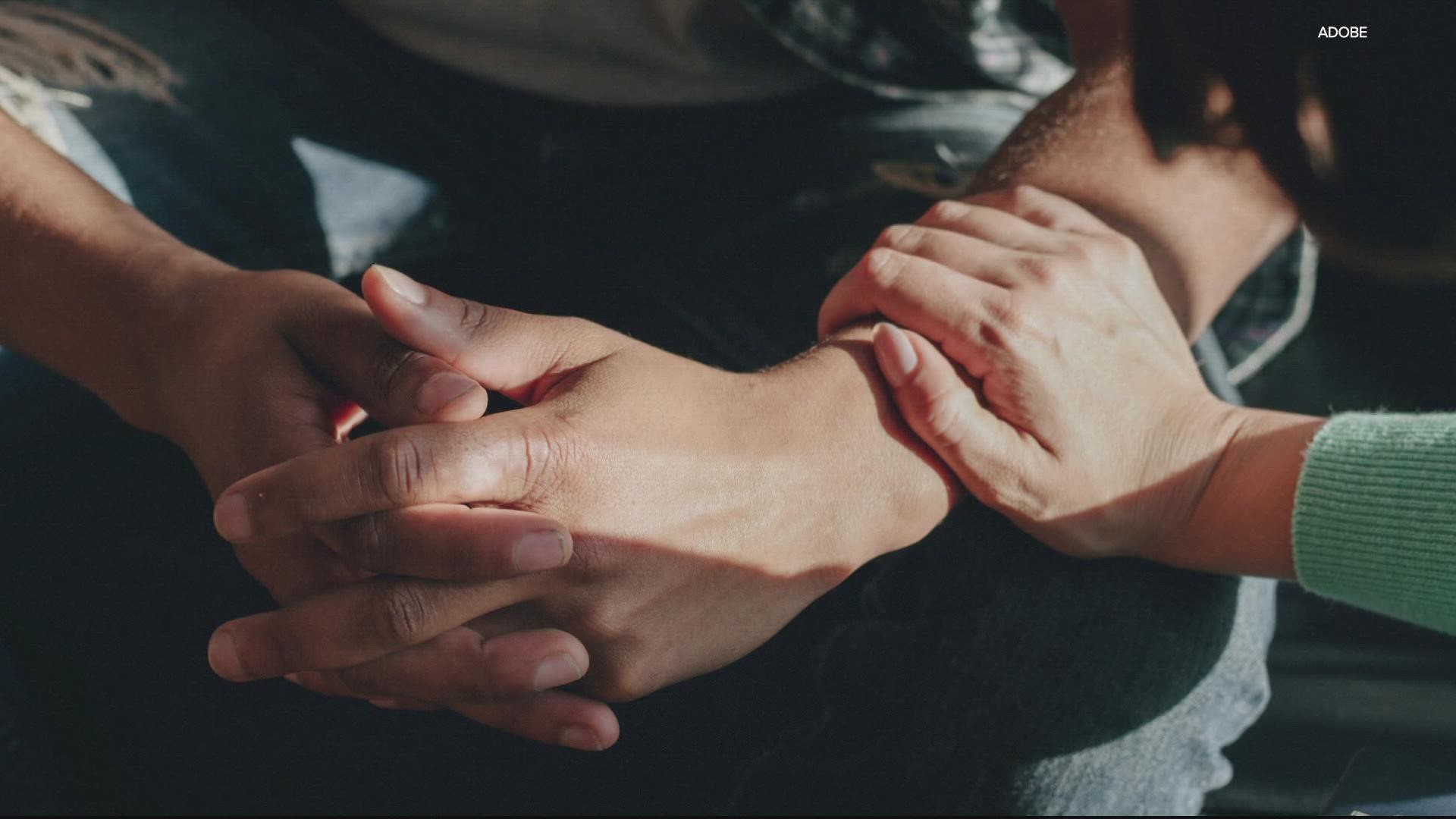INDIANAPOLIS — Indianapolis Mayor Joe Hogsett, along with city and faith leaders, came together Thursday to announce a $2 million proposal for a first-of-its-kind clinician-led response pilot program.
"The time is critical that we do this," said Hogsett. "This team would be equipped to provide meaningful support for those who in years past would have spent the length of their crisis in a jail cell."
The program, slated to begin sometime in 2023 and pending budget approval in October, would potentially pair a team of two clinicians to respond to mental health calls without the assistance from police.
It's a scenario some say can put clinicians in harm's way.
"They are trained to deal with these types of things, but these things can go sideways quick, and we don't want to see a situation where someone is in jeopardy of being harmed," said Councillor Brian Mowery.
The city has a mobile crisis assistance team - or MCAT - a team of nine trained IMPD officers and nine clinicians from Eskenazi Mental Health Center who work together to respond to 911 calls.
But MCAT only operates from about 7:30 a.m. to 6 p.m.. The goal of the pilot program is to have 24/7 coverage.
Lauren Rodriguez with the Office of Public Health and Safety said details of the program are still being discussed.
"We anticipate that they will start in a limited number of IMPD districts, respond to calls for nonviolent mental health episodes," said Rodriguez.
The program's details are still being discussed, "including the exact composition of the teams, which emergency calls will trigger which kind of response and more," said Rodriguez.
Clergy members say having a clinician-led program is long overdue.
"This is the cutting edge of public safety, and we are so excited to be at the table helping to bring it to life," said Josh Riddick with Faith IN Indiana
Riddick said the death of Herman Whitfield III while in police custody renewed an already existing fire.
"While the commitment was made and the process was started, the cost came. A family who is still grieving, who is still hurting, who is still seeking justice is now in the midst of our community. So our work, which was already abundantly clear about the urgency of now and why we had to act, why we had to move and keep pushing. We think teams like this can solve and prevent these situations," said Riddick.
Mowery said while the pilot program is needed, he's hoping those situations allow for clinicians to be safe.
"That's what concerns me, because you never know how these things are going to go. Have there been unfortunate circumstances when an officer does show up-sure. But at the end of the day, I want to make sure everyone's safe including the person that needs the help," said Mowery.

